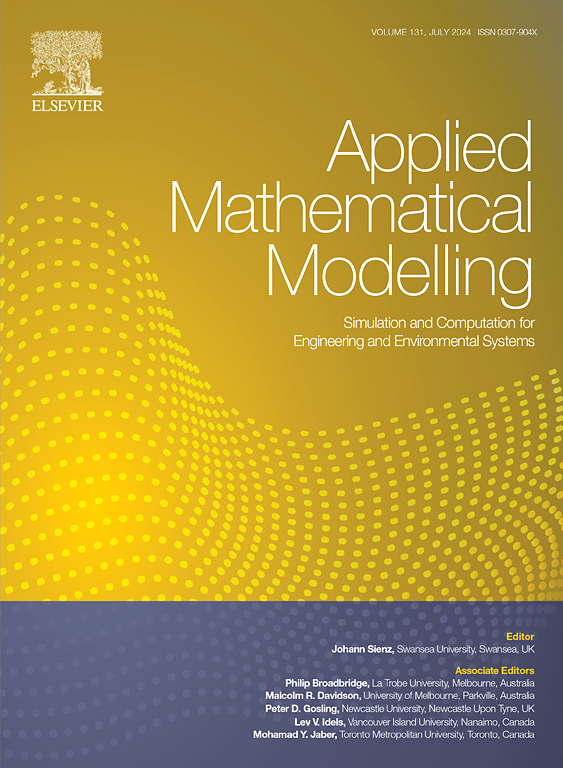Distributed hybrid control for heterogeneous multi-agent systems subject to deception attacks and its application to secondary control for DC microgrid
Abstract
This paper addresses the mean-square quasi-consensus problem for a class of heterogeneous multi-agent systems (MASs) with cascade-type two-layer structure subject to discrete-time deception attacks. A two-layer distributed hybrid controller is proposed based on the structural characteristics of the considered MASs. The deception attacks are supposed to occur in the upper-layer communication channel and their occurrences are modeled by a Bernoulli process. The discrete-time deception signal is considered as a bounded external disturbance sequence, so the mean-square quasi-consensus problem can be reduced to a mean-square exponential input-to-state stability (MSEISS) problem. A novel MSEISS analysis method combined with the use of a weighted discontinuous Lyapunov function is developed to establish a MSEISS criterion of the consensus error system, where the robustness performance of the mean-square quasi-consensus with respect to the randomly occurring deception attacks is quantified by the MSEISS gain. The effectiveness of the proposed resilient distributed hybrid control algorithm is verified through numerical simulations. Specifically, the proposed resilient control algorithm is applied to the secondary control of DC microgrid with discrete interaction. Several case studies show that the resulting resilient distributed hybrid secondary control algorithm has a good robustness performance on resisting the deception attacks.

 求助内容:
求助内容: 应助结果提醒方式:
应助结果提醒方式:


